As you listen to Aaqil Ahmed, you get a sense that he can’t quite believe what he’s pulled off.
Ahmed persuaded BBC commissioners to make not only one live programme about Eid, but two.
This at a time when television executives would sell their mothers for those all-important ratings.
For the first time on terrestrial TV, the BBC showed the Eid-ul-Fitr morning service live from Bradford Central Mosque.
It marked the end of Ramadan, the month-long period when Muslims don’t eat or drink between the hours of sunrise and sunset.
That evening, producers convinced prominent Muslims to appear on live TV to discuss the significance of this holy festival, rather than spending time with their families.
“It sounds like a silly thing to say, but for all of us, whatever your culture, religion, whatever your background is, if you look at it in a bigger context, it shows that we've arrived,” said Ahmed, the BBC’s former head of religion and ethics.
“What it showed was the fact that when we talk about entertainment, and we talk about communities from subcontinent, we often talk about Bollywood or things like that.
“But what we're not all about Bollywood as much as we all love it, there's great things happening here.
“We've got comedians and sports people and performers and artists and writers and all this kind of actors and all these things.”
Big audiences
The evening show, Celebrity Eid, aired at 10.40, and Ahmed said it attracted the biggest television audience of any broadcaster at that time that day.
“What we’re saying is, you can win your slot with something which feels unique and different and appeals to a wide audience because anybody who thinks that British, Muslims were the only people watching those shows does not know anything.

“On the psychology of the viewers, but also about the makeup of our country, people were watching it because they liked their own religion and culture to be celebrated.
“Many people were just inquisitive, and for some people who were watching, it was because they wanted to know what really goes on rather than the kind of rubbish that we’re fed by people who don't know anything about any faith.”
Idea for programme
Ahmed had the idea for this once-in-a-generation programme during the pandemic.
On his walks he considered and questioned how Eid, where a congregation is essential, would be celebrated under lockdown rules.
That sowed the seeds for the programmes – but it would be four years later that his vision would come to fruition.
In fact, things began to come together last November when a BBC commissioner suggested that Ahmed’s media production and communications consultancy, Amplify Consulting, couldn’t do this alone.
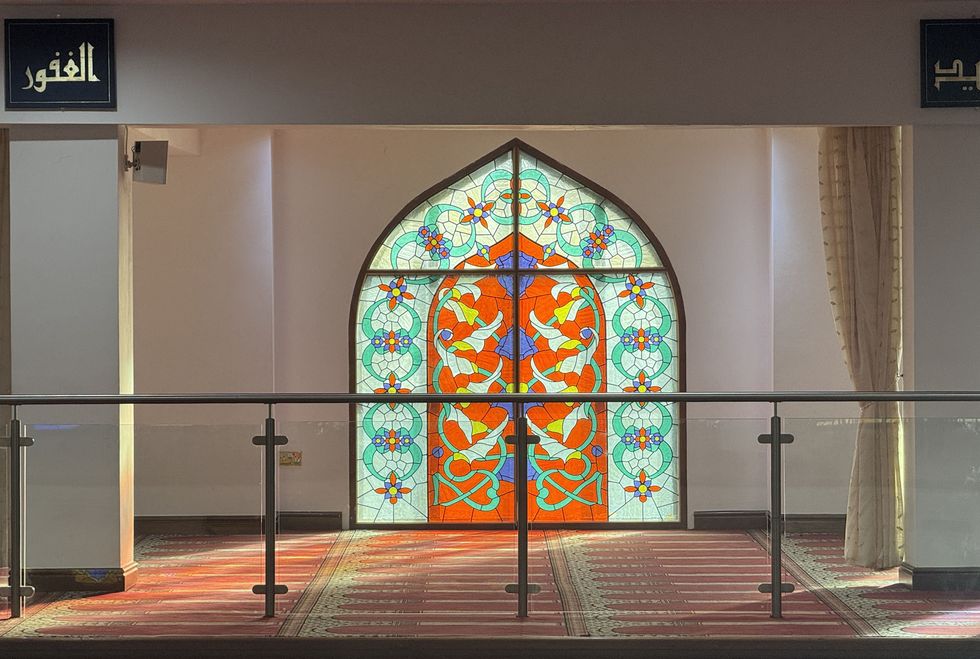
So, the visiting professor at the University of Greater Manchester, reached out to Firecracker Films, and the rest is history.
“If you believe in something, you have to find ways of selling it, and it might take longer than you think it should,” he said.
“Now, you should also know whether or not there's a desire for this, and when I talked to people within the industry, even three years ago, and I started having initial conversations, I never found one person who said it was a bad idea, and that's the sign.
“Talk to people in confidence, and if they tell you, no, you've got to start listening.
“You can't just walk away from the first person, but I never found one person who said that's not going to fly.”
That didn’t mean it was all plain sailing.
“Until the day we signed the contract, there was still a part of me thinking this will never happen.
“So, you've got to persevere, you've got to be strong, but you've also got to find people you can work with, and you've got to find broadcasters that get it as well.
“I think in this instance, we found a commissioner who really wanted to do this, and let's be honest with you, a broadcaster which very quickly put its money where its mouth was.
“We can't always say that's the case for most broadcasters, including the BBC.”
Important questions
But the Eid programmes raised a couple of important questions in my mind, and something I’ve written about extensively in Eastern Eye.
Do broadcasters really get that Britain’s changing and, if so, why are they failing to portray authentically or in depth that evolution?
Ahmed has an alternative perspective.
“I think at this moment in time, we're struggling across the whole of broadcasting, and at the same time, it's never been better.
“What that shows you is, we, as a society, are very different than what we were in the past.
“When I first started work years ago, it was pretty easy.
“You knew what you're doing, and you could do it on Network East, those kinds of shows.
“Then you got the Asian Network, you kind of knew who you were making programmes for.
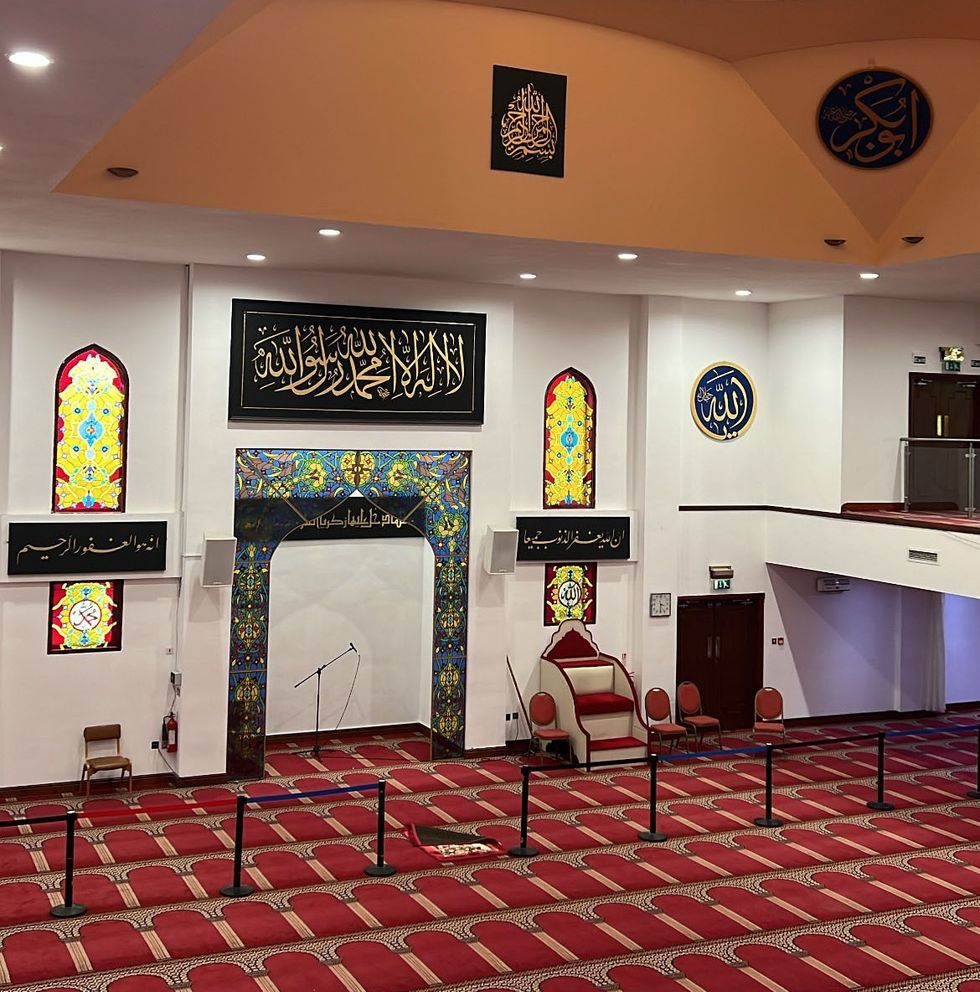
“Now we have a much more of a wider variety of people living in the country because of migration patterns changing over the last 15, 20 years.
“We have people coming from, whether they're coming as economic migrants or as refugees or on visas or students or as second or third generation.
“I could go on, people from Africa, which part of Africa, west Africa, north Africa, sub-Saharan Africa, east Africa?
“Then you've got Arabs, Gulf Arabs.
“So, the diversity now is not what it was before, and I think that becomes almost impossible to manage in the way that we used to manage these things.”
Critical acclaim
The BBC broadcast the programmes on 30 March, and they’ve already caught the attention of critics.
The Radio Times has nominated these, along with five others, for the prestigious Sandford St Martin Awards, which reward religion programming.
It’s up to viewers to vote for their favourite.
“I think it's really brave of the Radio Times to throw it in there because we were only on air less than a month ago, and they have thrown it into the mix straight away,” said the programmes’ executive director.
“That shows you the kind of impact that it's had, and I'm quite I'm quite touched by that.
“But I'm also not surprised because, it's not repeating programmes that have happened before, and it's not kind of reinforcing stereotypes.
“It's trying to do something very brave and different, and I think they've recognised that.
“I hope people who vote for it will recognise it as well, and if we want more of this kind of fresh, imaginative programming, then we've got to celebrate it.
“It's got to start winning, and the broadcasters have got to be told as well that we like it because they get told when they don't like it.
“Let's start telling them when we do like it.”
Britain is now home to the world’s major religions and their significant dates.
So, for south Asian communities could we see Diwali, Vaisakhi and Vesak (Buddha Day) celebrations on BBC TV?
“A lot of people have already spoken to me about saying, will you be pitching Diwali and Vaisakhi?
“I said I definitely would, but I would say to you it's not my decision obviously.
“Anyway, I'm not the head of religion, it's up to other people, it's up to the BBC.
“Will they do this again?
“Well, we're definitely talking about trying to, I think it was very successful.”
You can find details of how you can vote for your favourite religion programme, as nominated by the Radio Times here: https://www.radiotimes.com/tv/documentaries/sandford-st-martin-awards-2025-nominations/.






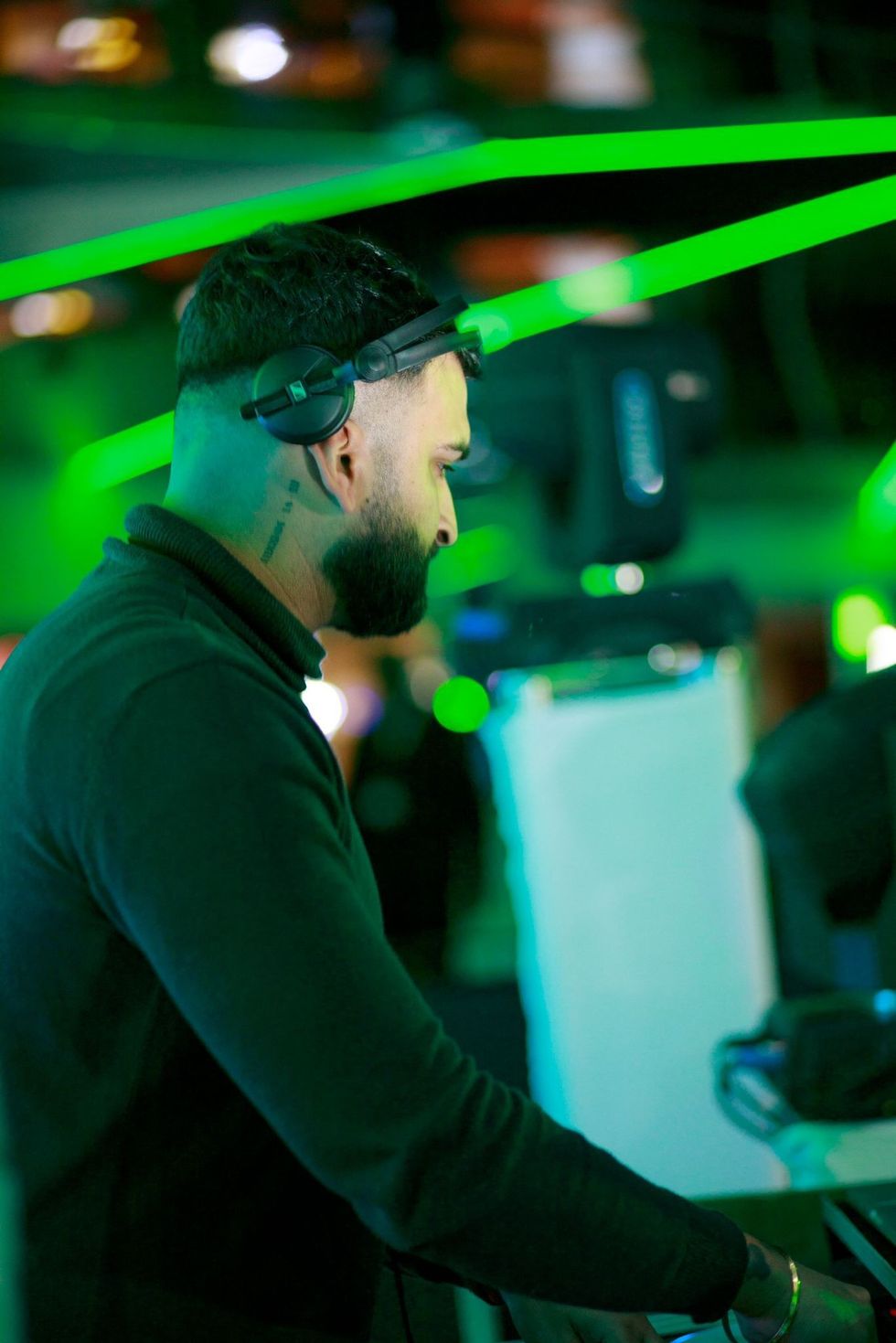 DJ Tallygetty images
DJ Tallygetty images








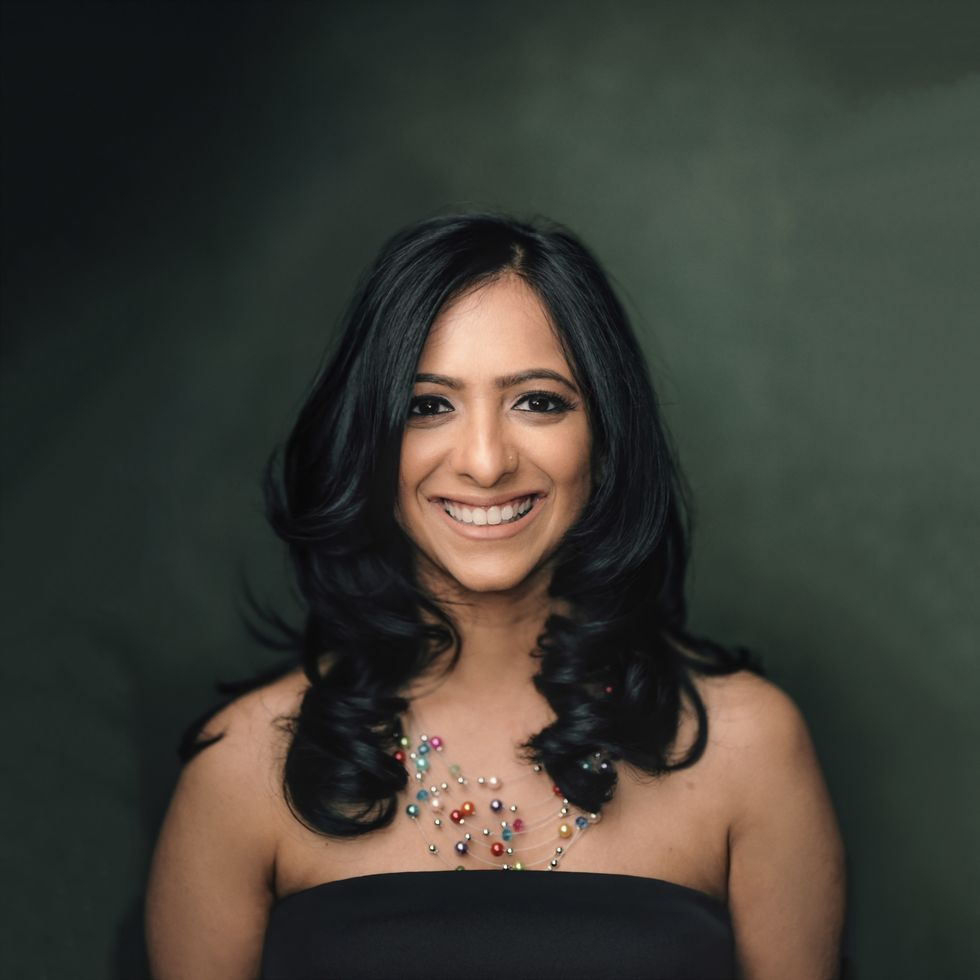 Shreena Patel
Shreena Patel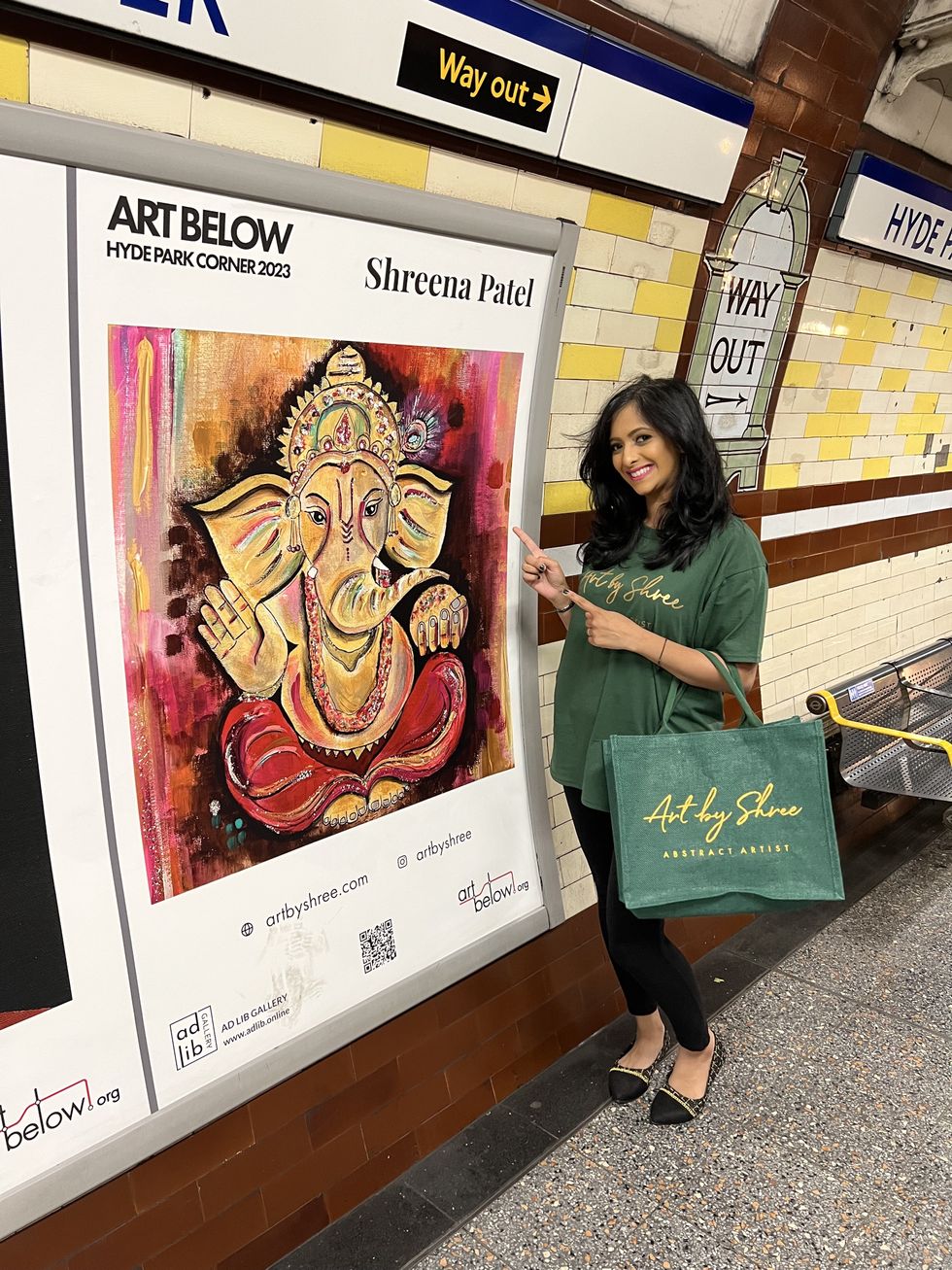
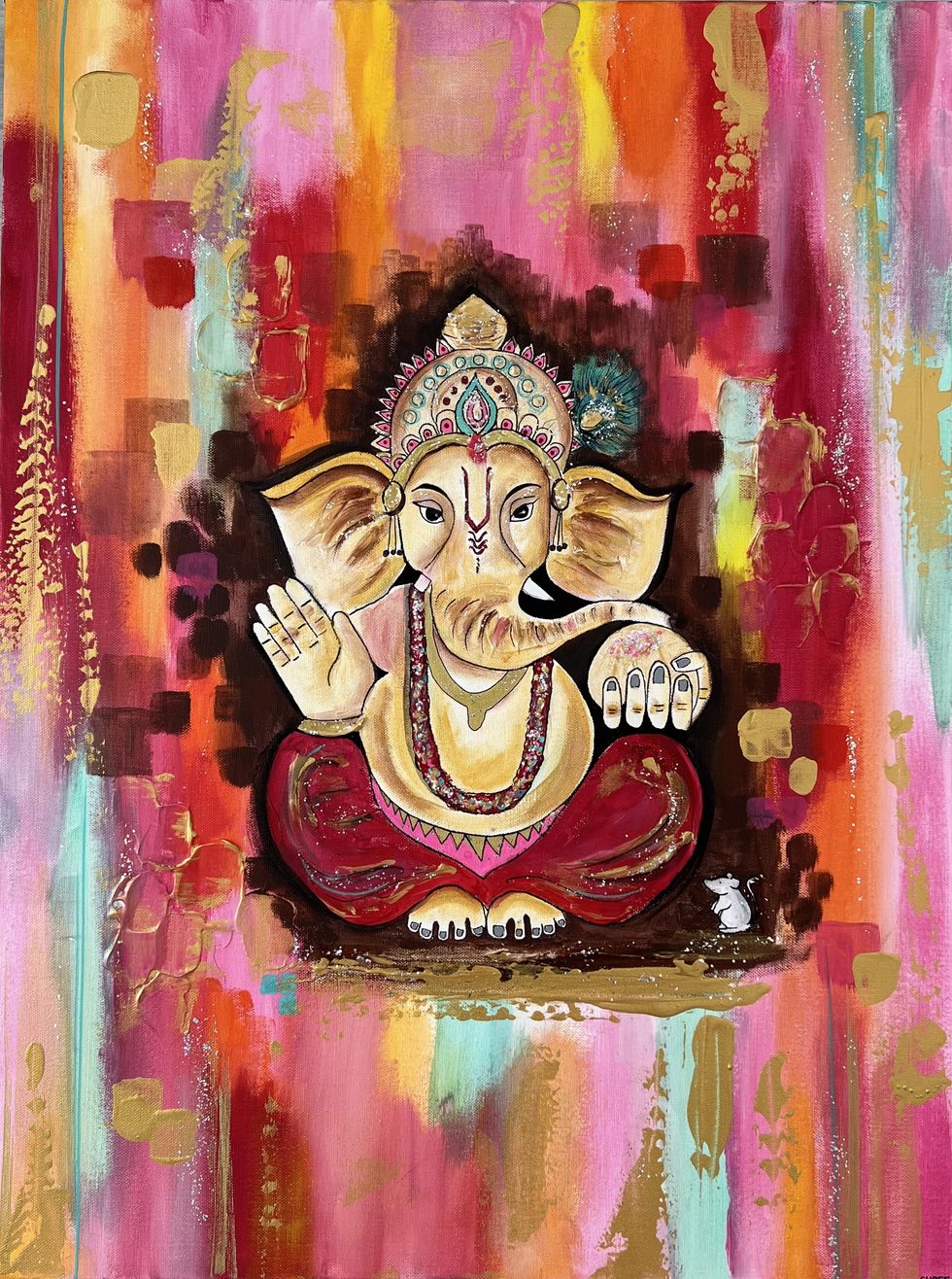 Shreena Patel's work
Shreena Patel's work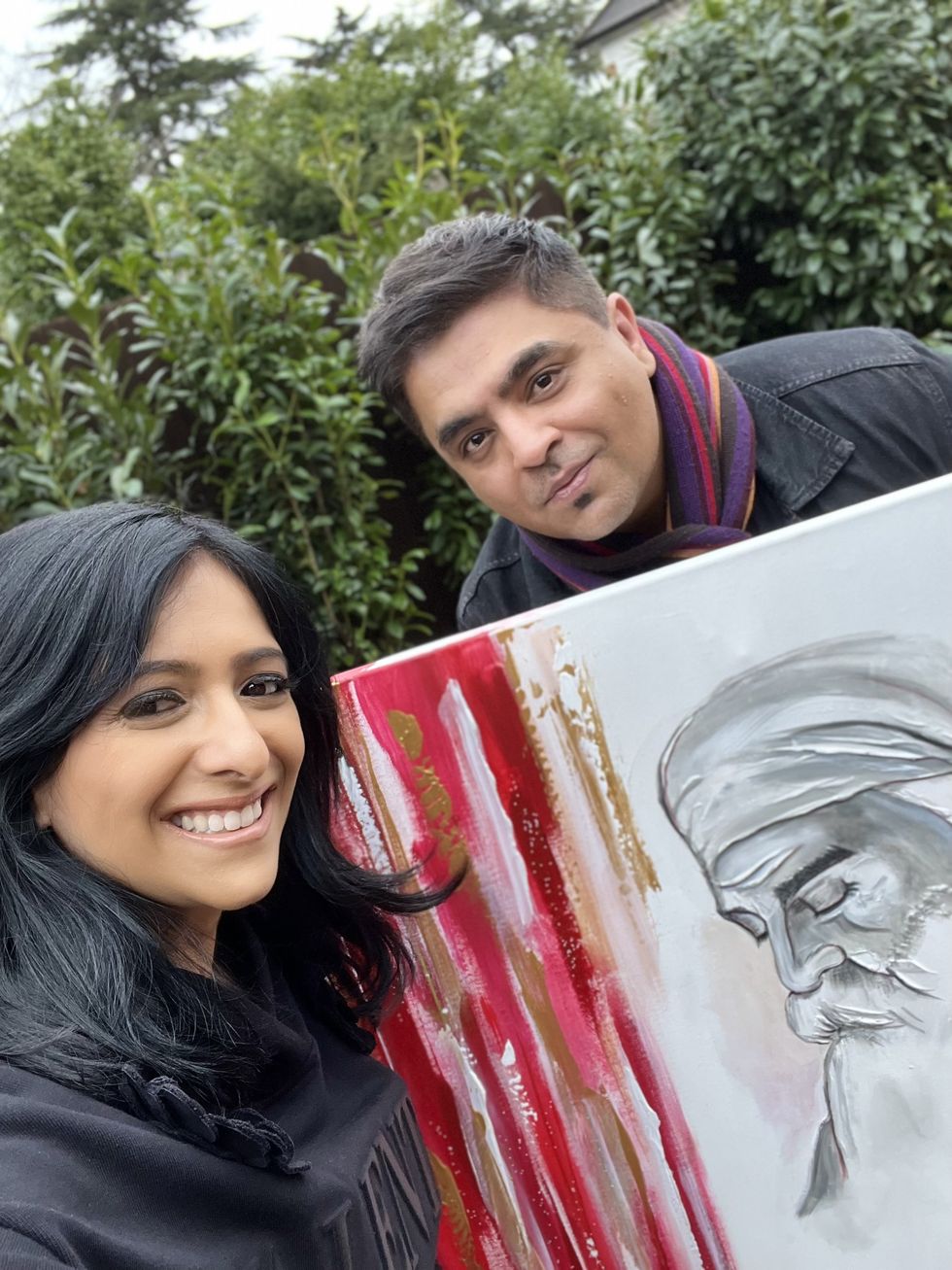 Shreena Patel's work
Shreena Patel's work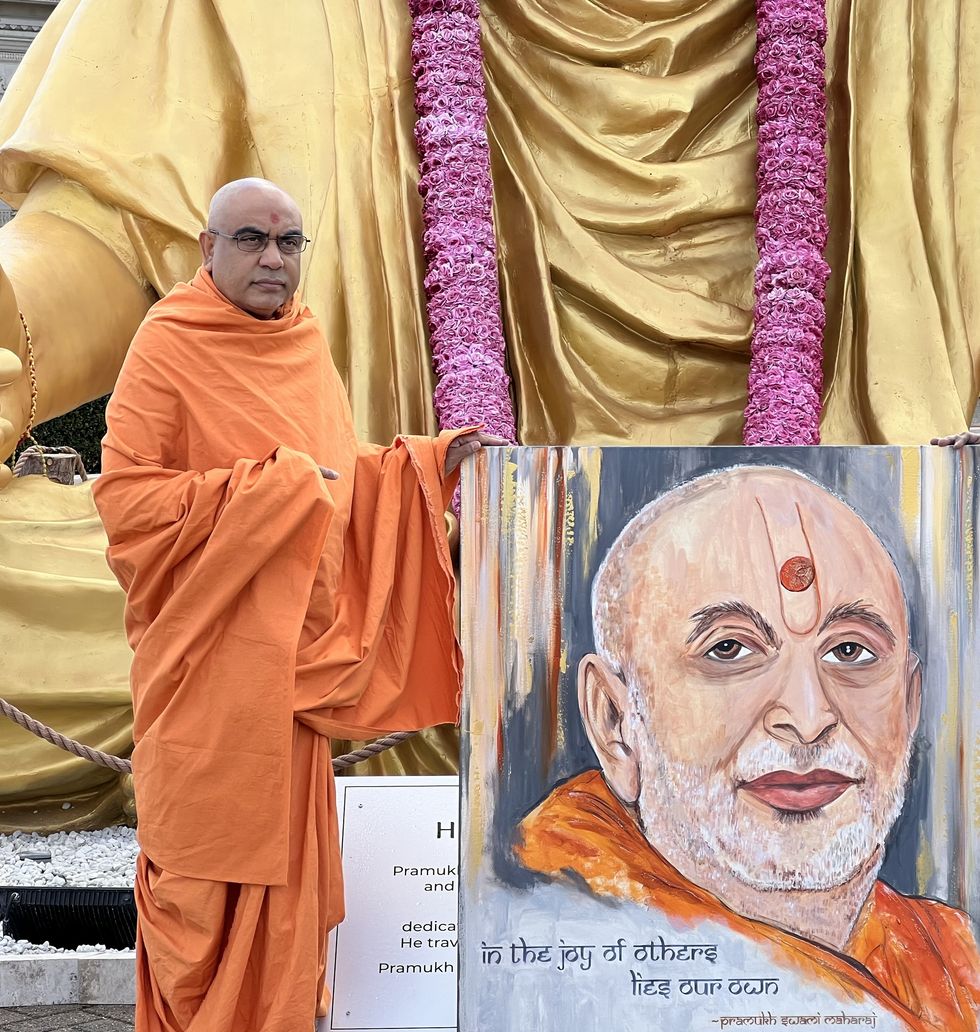
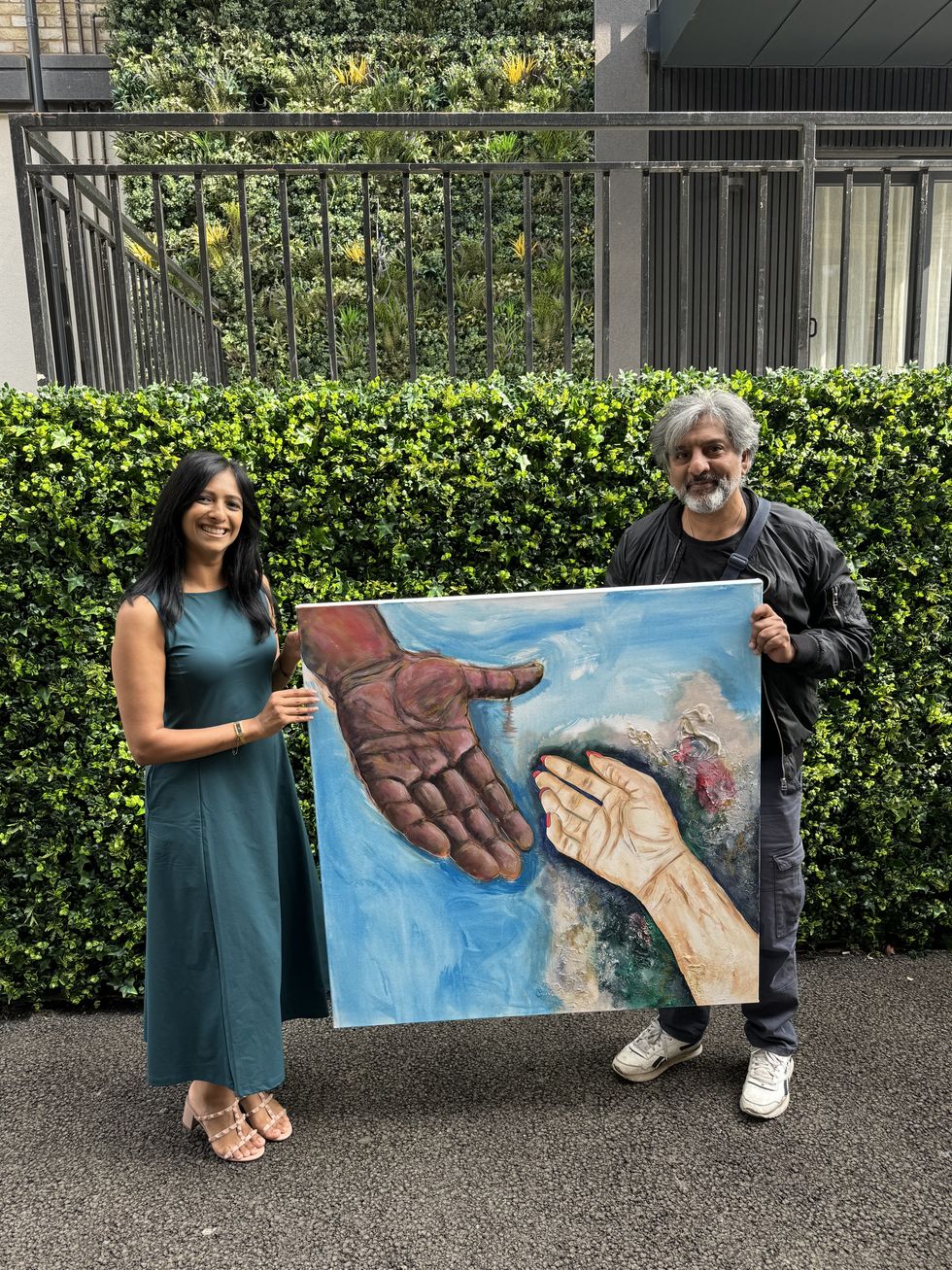
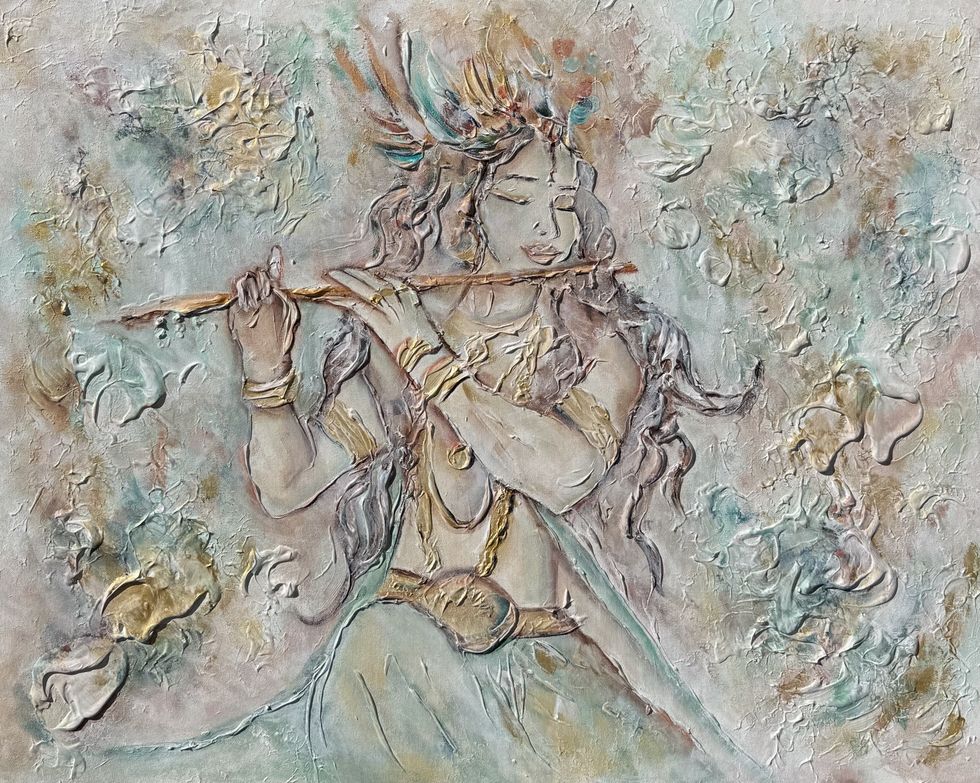 Shreena Patel's work
Shreena Patel's work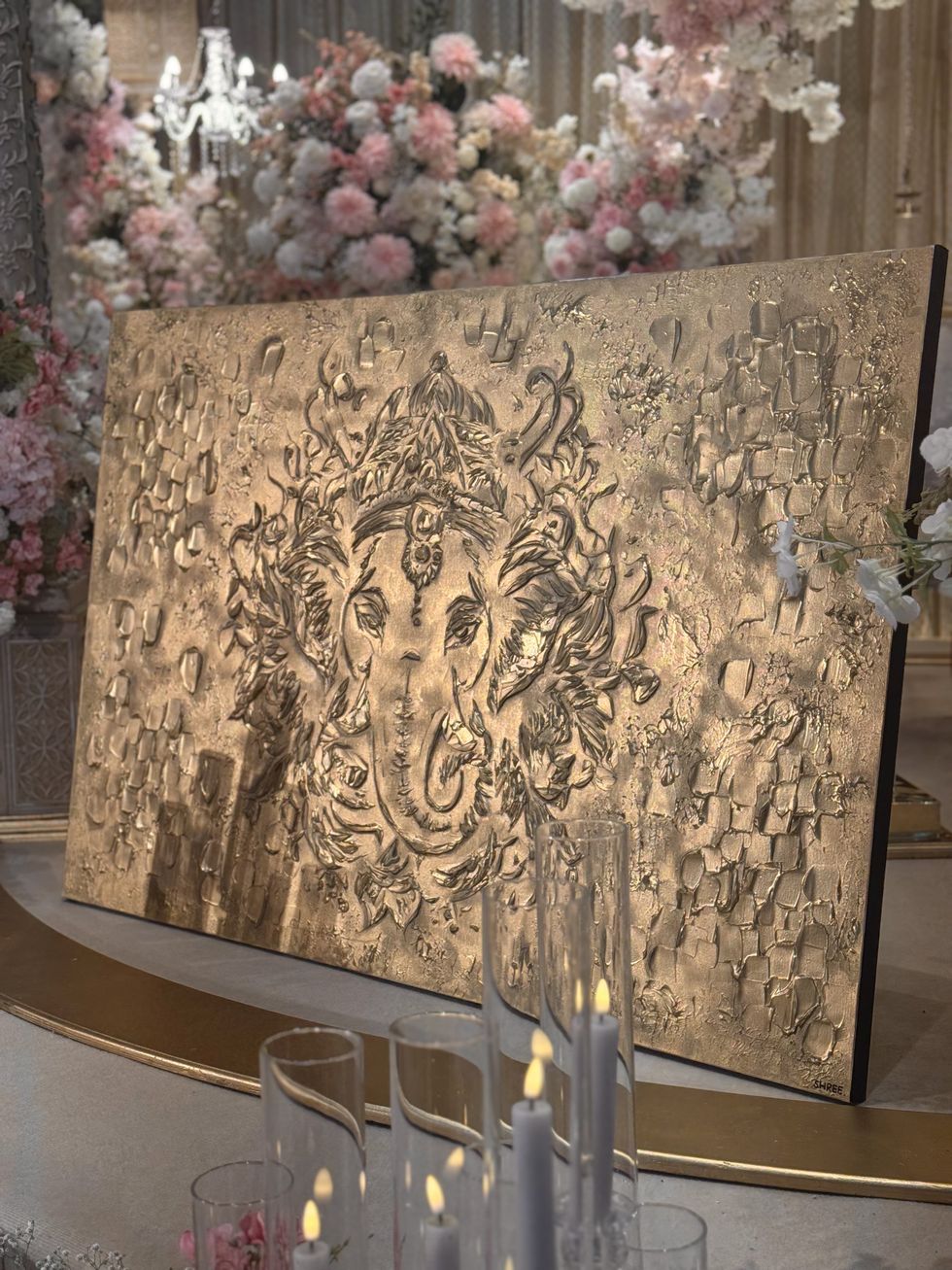 Shreena Patel's work
Shreena Patel's work


